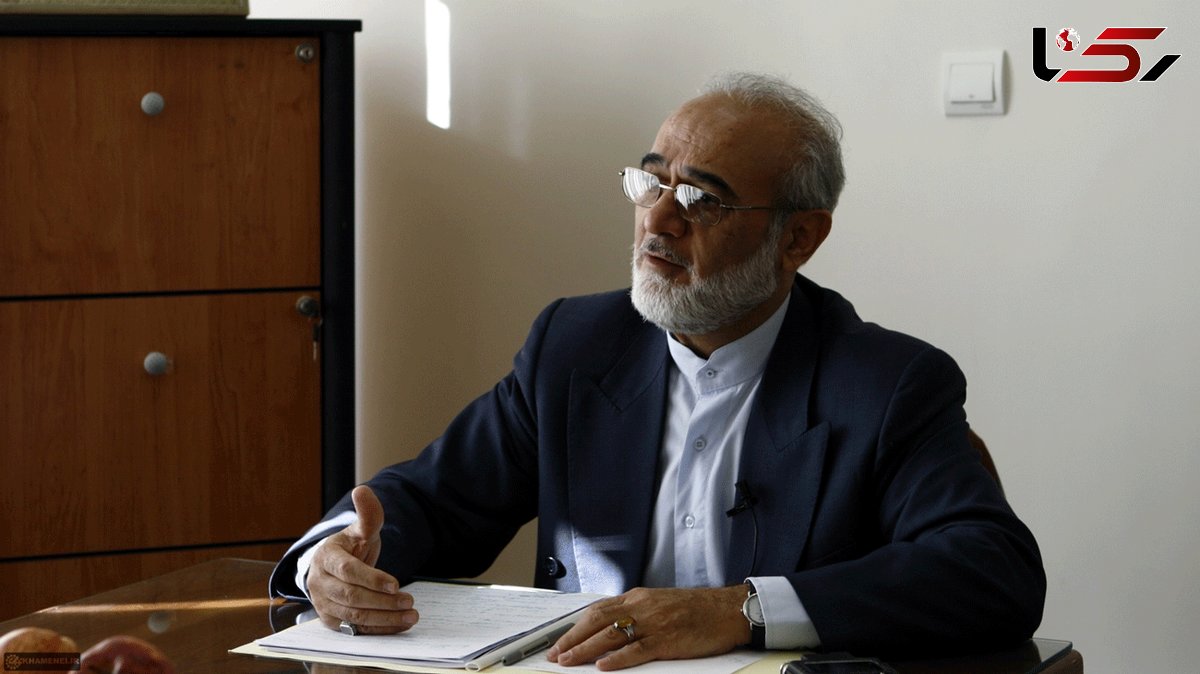Iranian Official: COVID-19 Vaccine Purchase Unrelated to FATF Blacklisting
Rokna: A member of Iran’s Expediency Council dismissed the notion that the restrictions imposed by the Financial Action Task Force have blocked Tehran’s purchase of vaccine for the coronavirus.

The FATF restrictions do not apply to humanitarian items, Expediency Council member Mohammad Javad Iravani said after the recent critical remarks from the administration’s spokesperson who has attributed the failure to purchase the coronavirus vaccine to the limitations caused by the FATF.
Iravani criticized those who rush to use the FATF blacklisting as a tool, saying they are not unlikely to link even the price of chicken and egg to the FATF disputes.
At a press conference on Tuesday, administration spokesman Ali Rabiee said the transaction of money for purchasing the coronavirus vaccine from abroad has been impeded because Iran has not joined the FATF.
Rabiee said the fact that Tehran is not a FATF member and has been blacklisted by the international task force has had major negative impacts on financial transactions and fund supplies, even when the sanctions are not the real problem.
The FATF voted on February 21 to keep Iran on its blacklist for what it said failing to comply with international anti-terrorism financing norms.
In October 2019, Iran’s parliament approved four bills put forward by the government to meet standards set by the FATF.
Only two of them have so far gone into effect and the fate of the two others is still in limbo.
Earlier this month, Leader of the Islamic Revolution Ayatollah Seyed Ali Khamenei has approved the administration’s proposal for the extension of a process that authorizes the Expediency Council to review the remaining bills regarding the FATF requirements.
Tasnim

Send Comments